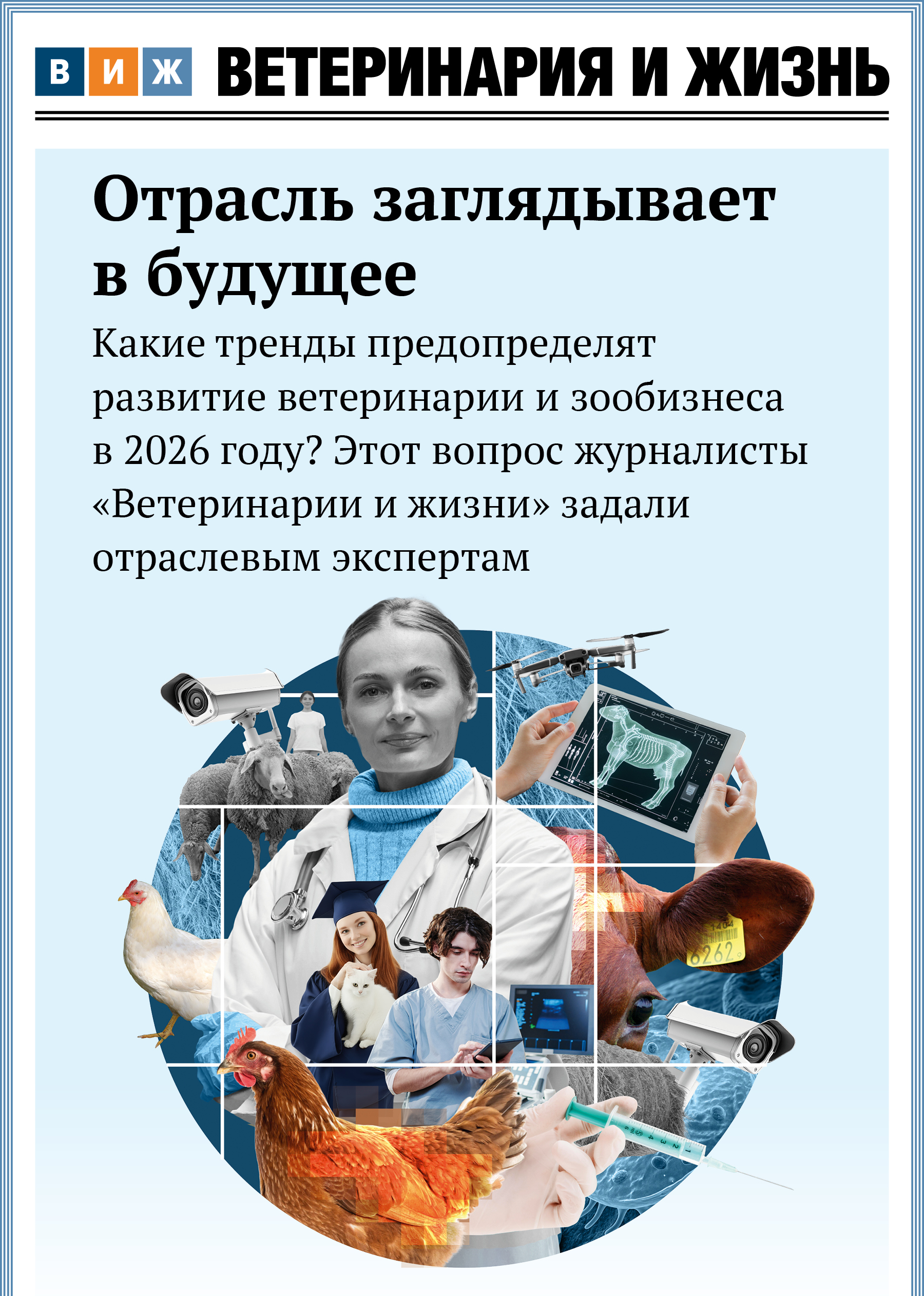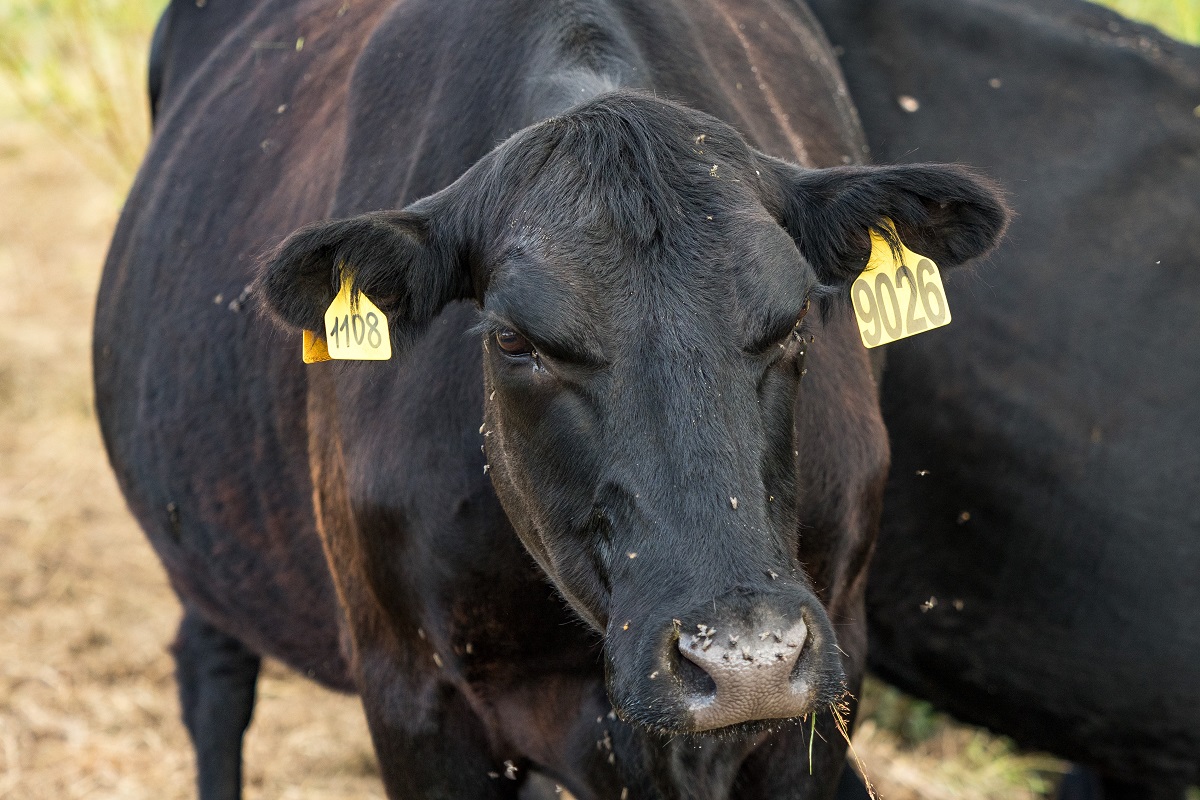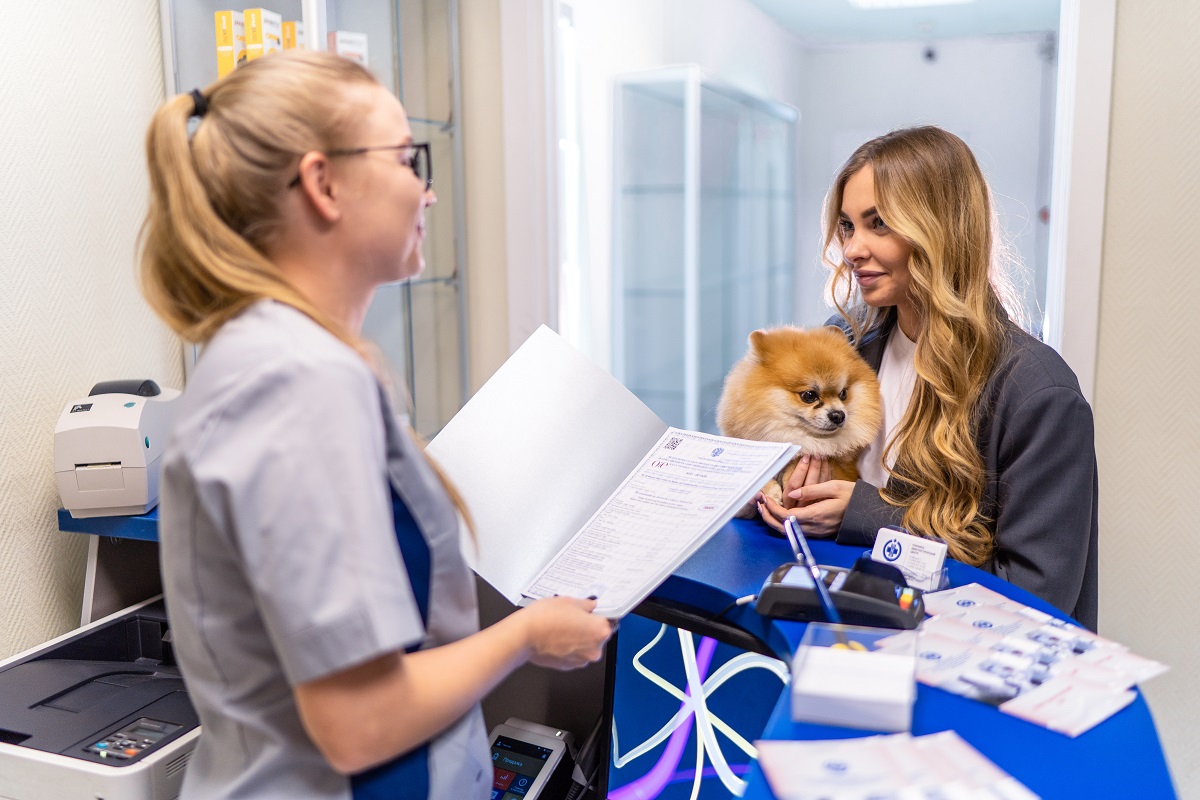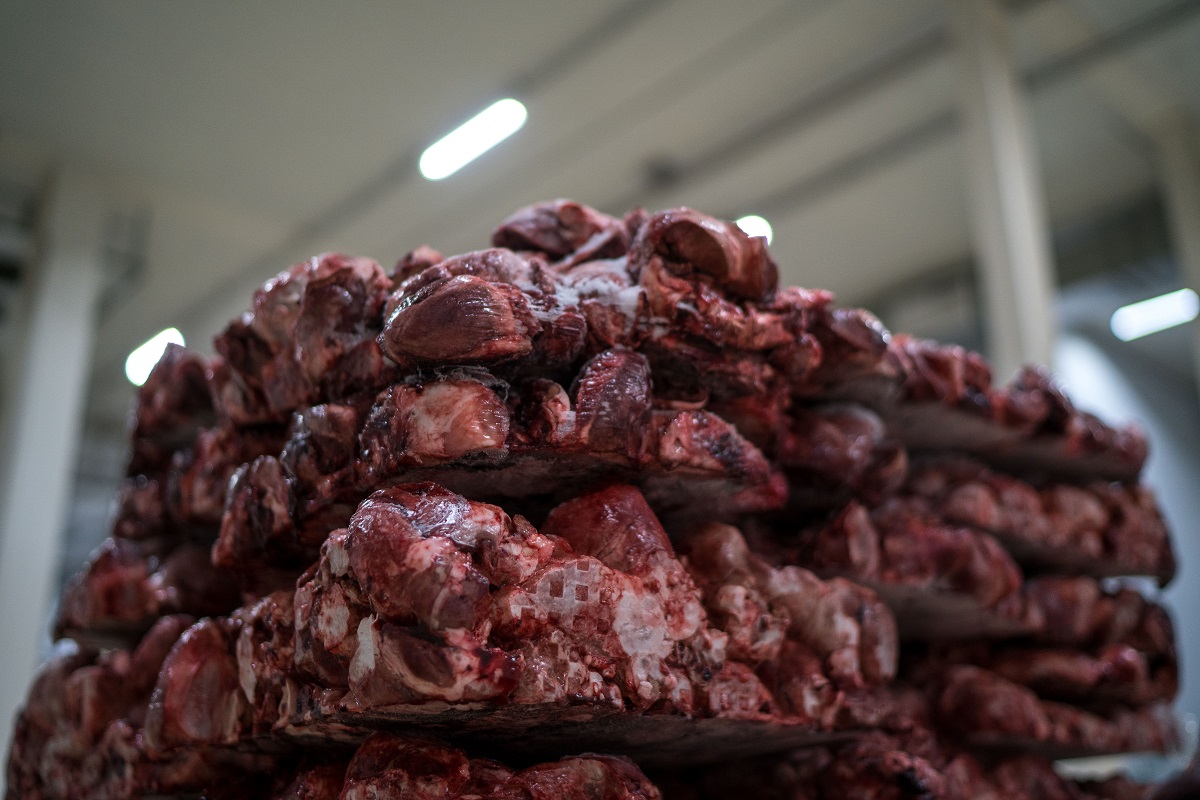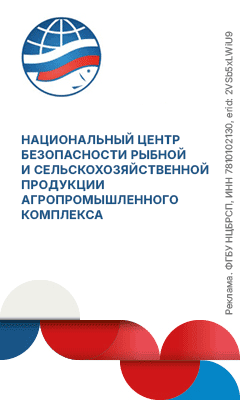The draft was developed by a group of lawmakers. The initiative is authored by the State Duma deputies Alexei Gordeev, Vladimir Kashin, and Sergei Lisovsky.
The document amends the Federal Law “On Livestock Breeding”. It contains, in particular, a requirement for immunogenic analysis of imported semen and embryos from breeding farm animals to be carried out prior to their import to Russia.
The use of poor-quality breeding material in artificial insemination may result in infectious and genetic diseases in animals, warned the experts at the Russian State Center for Animal Feed and Drug Standardization and Quality of Rosselkhoznadzor (FGBI “VGNKI”). This is confirmed by the results of imported breeding material analysis performed at the center’s laboratories, which revealed contamination with Histophilus somni in 73.9% of sperm samples, Mycoplasma spp. in 71.2% of samples, and Campylobacter spp. in 66.9% of samples.
According to new requirements, DNA analysis of imported breeding supplies must be carried out by authorized laboratories at the expense of the material owners. The cost of genetic analysis is about 4,000 rubles per head. This data is provided in the explanatory note to the document.
The authors of the document say that a semen importer with a turnover of 1.5 million doses from 60 breeding bulls will spend about 240.000 rubles a year on genetic analysis.
“Considering the fact that the purchase price for imported cattle semen is about $1.5 per dose and it is sold in Russia for $6-8, the estimated additional costs for market participants won’t be a significant financial burden and should not affect the final price of breeding supplies,” the authors claim.
If adopted, the new requirements will come into force on September 1, 2023.


